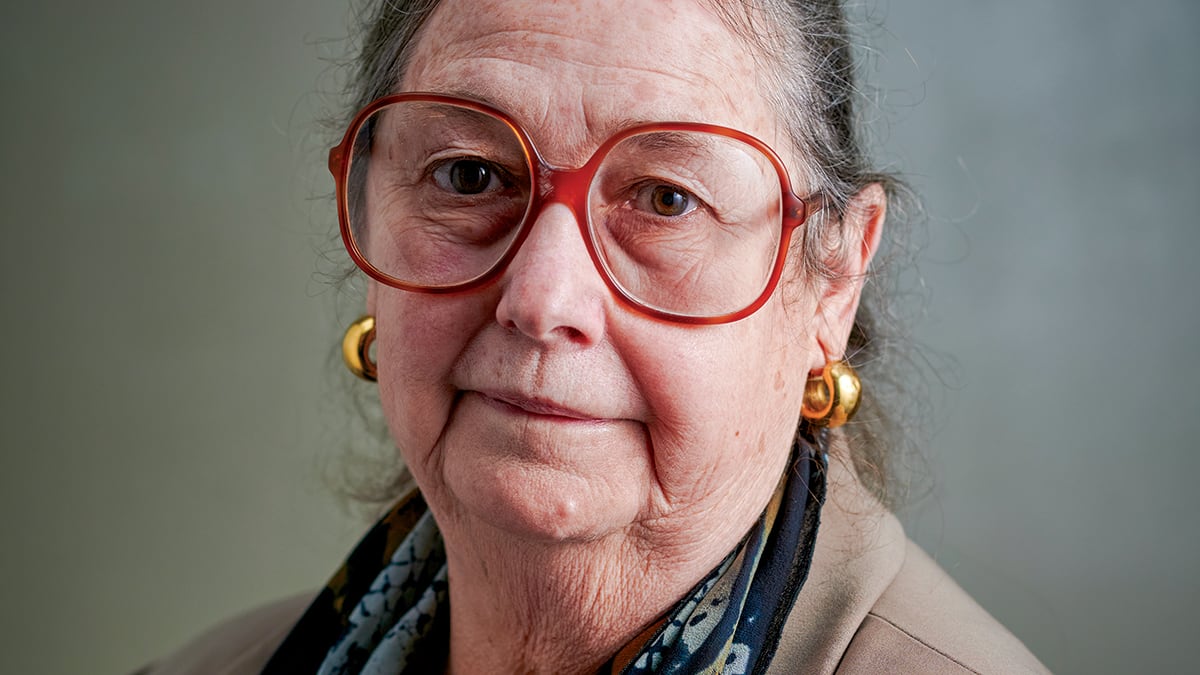Results of an independent poll released today by the Portland-based polling firm DHM Research provides an early look at how voters may view former state Sen. Betsy Johnson (D-Scappoose).
Johnson is trying to do something only one Oregonian—the late Gov. Julius Meier—and no woman in America has ever done: win election as governor while running unaffiliated with either major party.
DHM asked voters a number of questions about Johnson, who resigned her legislative seat in December after 20 years of service.
A question about a raise among a generic Democrat, a generic Republican and Johnson showed her well behind: 31% D, 22% R, 11% Johnson, and 36% undecided.
When DHM added more information, taking from Johnson’s campaign site the way she describes herself, the results changed.
“Johnson says that she is a no-nonsense independent leader and that she is loyal only to the people of Oregon,” DHM told respondents. “She thinks that Oregonians deserve better than the excesses and nonsense of the extreme left and radical right.”
That positive message moved the responses significantly: Johnson 30%, generic D 24%, generic R 17%, and undecided 30%.
Of course, Johnson won’t be running against no-name candidates; she’ll be running against a well-funded Democrat and a well-funded Republican who will have the money to tell voters whatever they want to about Johnson.
When DHM provided voters factual but less flattering information, for instance, Johnson’s advantage shrunk.
“In the state Legislature, Betsy Johnson was considered a centrist,” DHM told respondents for another question. “She often voted with Democrats on social issues and is pro-choice on abortion. On environmental and economic issues, she often voted with Republicans.”
That description resulted in a loss of enthusiasm: the generic D got 29%, the R 22%, and Johnson 21%, with 29% undecided. (Her numbers shrank even further when voters were presented with language linking her to corporate donors.)
DHM pollster John Horvick says voters quickly revert to party affiliation when given information about a candidate. But overall, Horvick says, the numbers show that Johnson has a chance.
“If I were Johnson,” he says. “I’d be encouraged.”

